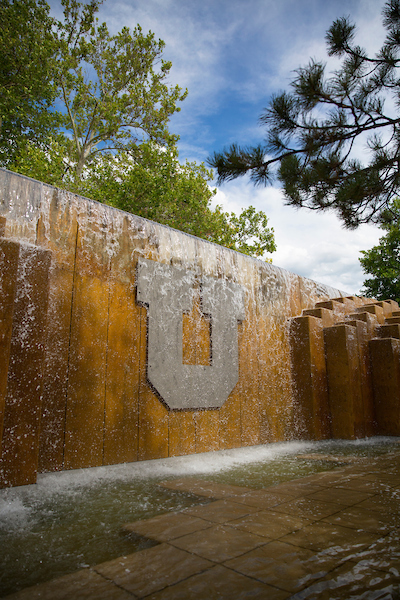Training Perceptual Expertise in Radiologists

Visual search is a ubiquitous task (e.g., find the < key on your keyboard) that can have dire consequences for missed targets in a variety of different fields (e.g., cancer in radiographs). Despite improvements in training and technology, experienced radiologists miss diagnostic aspects of radiographic images at a rate of 3-5% per day. Given that experienced radiologists, like experts in other specialized contexts, not only identify targets more easily in radiographic images (relative to novice and naïve subjects), but also appear to enjoy enhanced visual skills in that domain of expertise-– why do these daily errors in performance persist, and what training interventions might reduce such error? This interdisciplinary research project will comprise researchers from Philosophy, Psychology, and Radiology and will focus on understanding how to best train visual expertise, with central emphasis on practicing radiologists and trainees. Utilizing visual search tasks, we will measure the impacts of search pattern, distractions, and training schedules on perceptual performance using behavioral and eye-tracking methods of study, with the aim of improving perceptual performance. This interest generalizes to the following theoretical question: how and in what contexts can humans improve their perceptual skills? And an educational question: what training interventions optimize perceptual performance in specialized domains? Accordingly, the aims are both theoretical and practical, engaging at least three U strategic goals: development and transfer of new knowledge, community engagement and promotion of student success to improve health and quality of life.
Budget:
Student Expenses:
-1 graduate student ~0.75 year (7 mos) = $15,200
-1 undergraduate student 1 year hourly pay (10 hrs per week, 9 months) = $8K
-Equipment Expenses: $2K (new eye tracking computer)
-Participant payment (Material) Expenses: 40 radiologists at $100 per hour = $4K
-Travel Expenses: $800
Current Status
2025-02-04
Radiologists develop incredible perceptual expertise for searching for anomalies in 2D images of 3D anatomic structures. The implementation of new technologies also allows for searching for abnormalities in 3D; however, little perceptual training is provided to develop search processes for 3D imagery. This funded proposal implemented a new training procedure in 2D, 3D, and virtual reality. In the first experiment, 44 medical students were tested on their abilities to localize and classify acetabular pelvic fractures. To simplify the diagnosis of complex acetabular injuries, different fracture patterns are assigned classifications. 3D imagery may provide benefits in accurate fracture classification over 2D imaging alone. Using a previously validated 2D training program, participants’ abilities in fracture detection, efficiency, accuracy of classification, and confidence in those judgments was assessed. In both time to detection and confidence two-way mixed ANOVAs showed that with more training, accuracy of detection and confidence in judgments increased. This was true for both 2D and 3D image types. In a second experiment, we specifically assessed whether individual differences in the ability to mentally transform non-medical 2D objects affects searching 2D or 3D medical imagery. Overall, the current work addressed the important question of whether training protocols for either 2D radiography or volumetric imagery can improve search.
Collaborators
JEANINE STEFANUCCI
College of Social and Behavioral Science
Psychology
Project Owner
WILLIAM AUFFERMANN
School of Medicine
Radiology Clinical
MEGAN MILLS
School of Medicine
Radiology Clinical
DUSTIN STOKES
College of Humanities
Philosophy
Project Info
Funded Project Amount$30K
Keywords
Visual perception; perceptual expertise; medical imaging; training intervention; visual search; visual skill
Project Status
Funded 2023
Poster
View poster (pdf)
